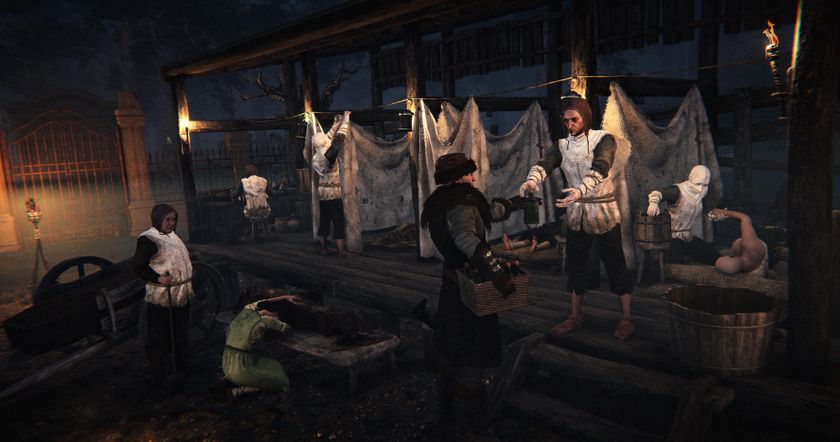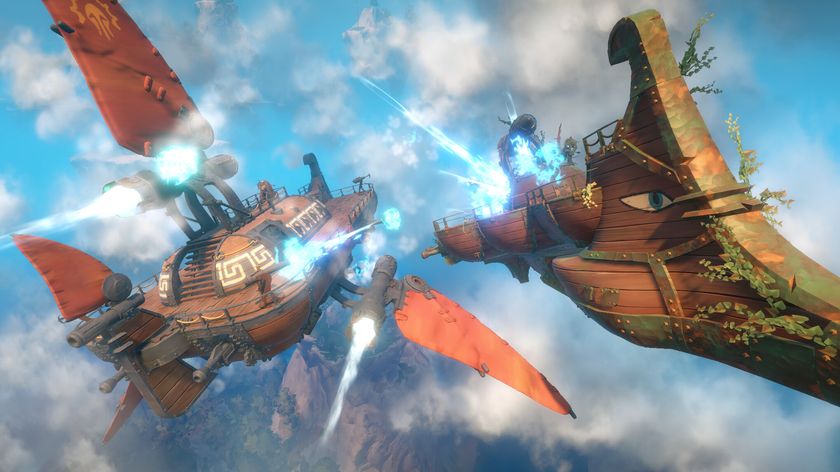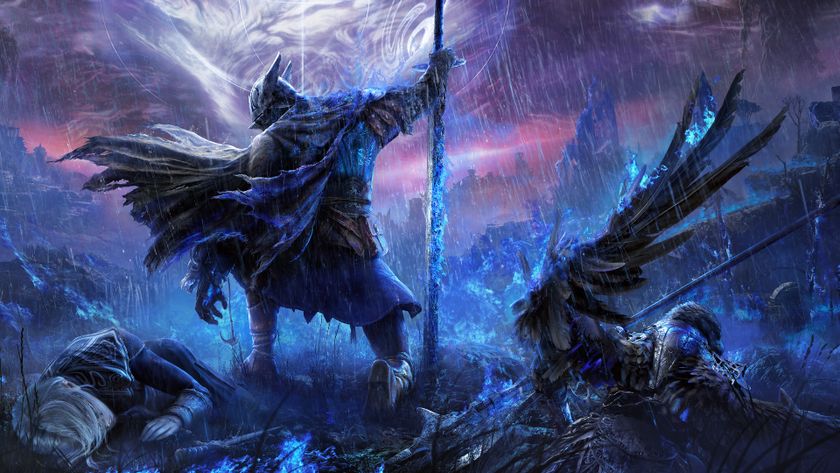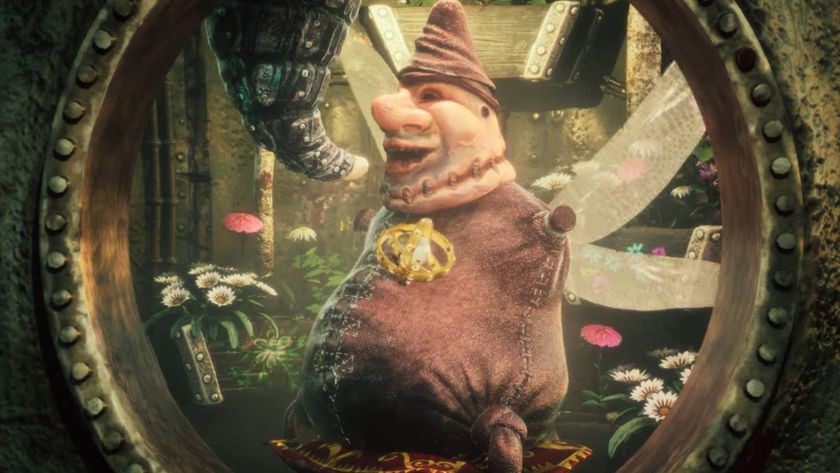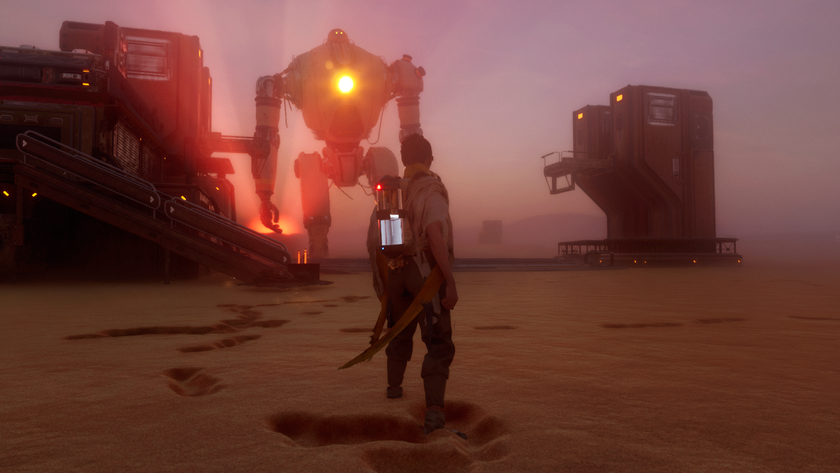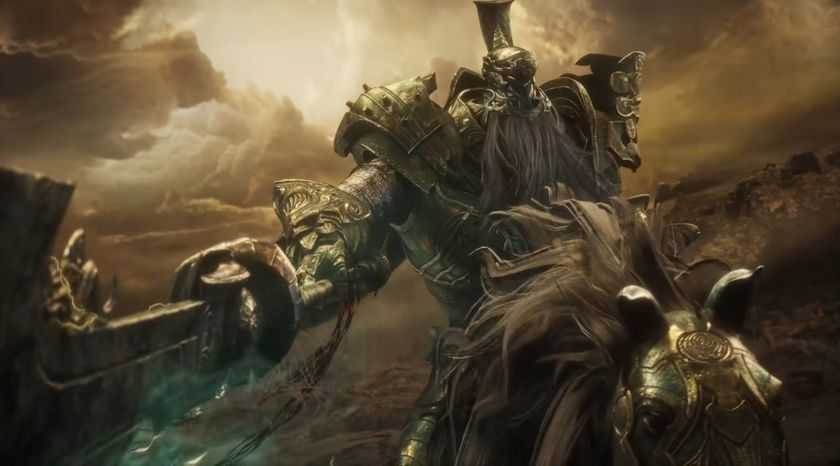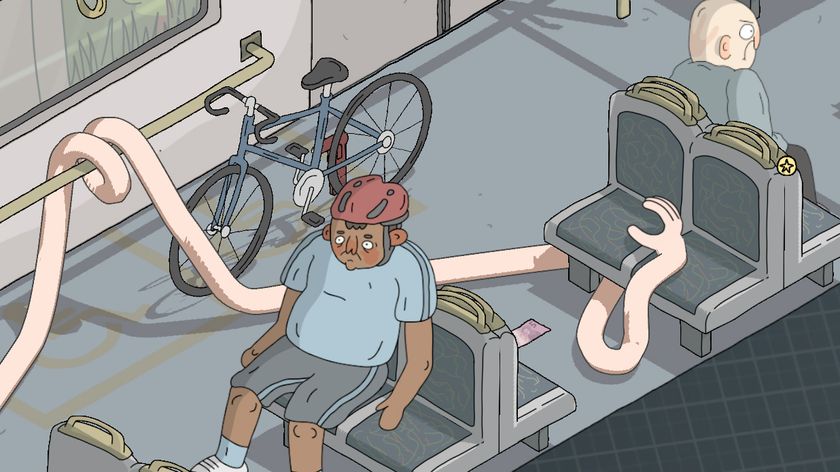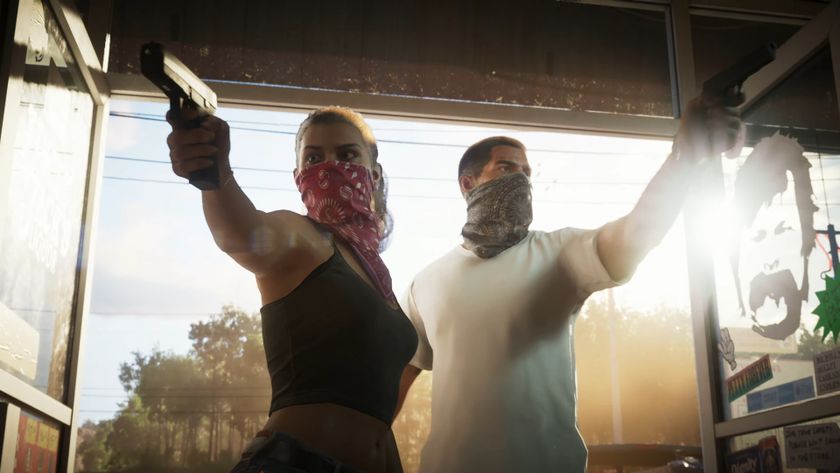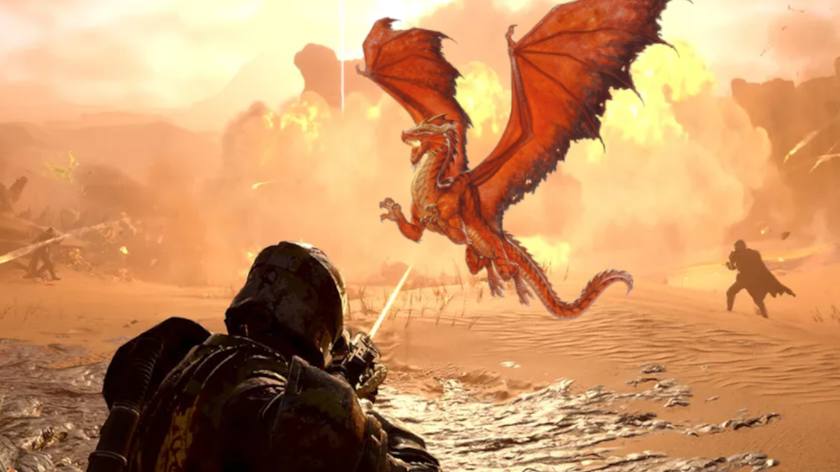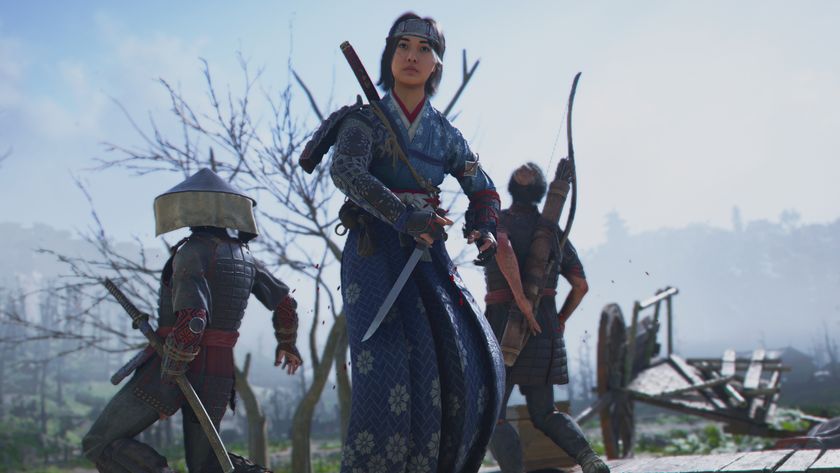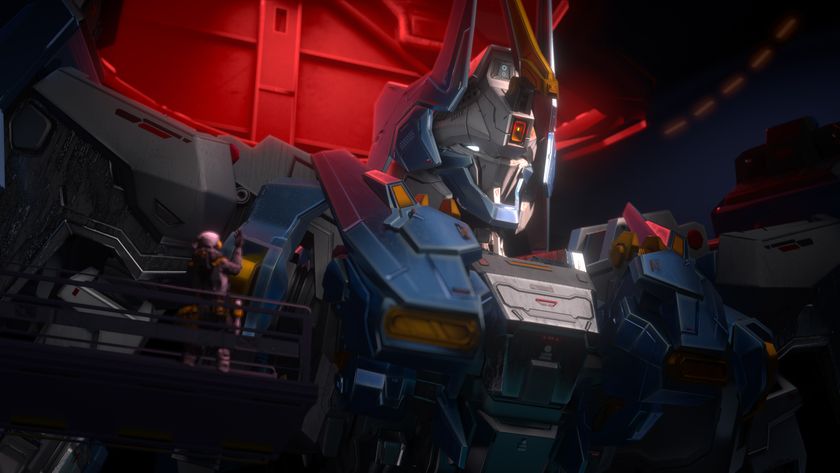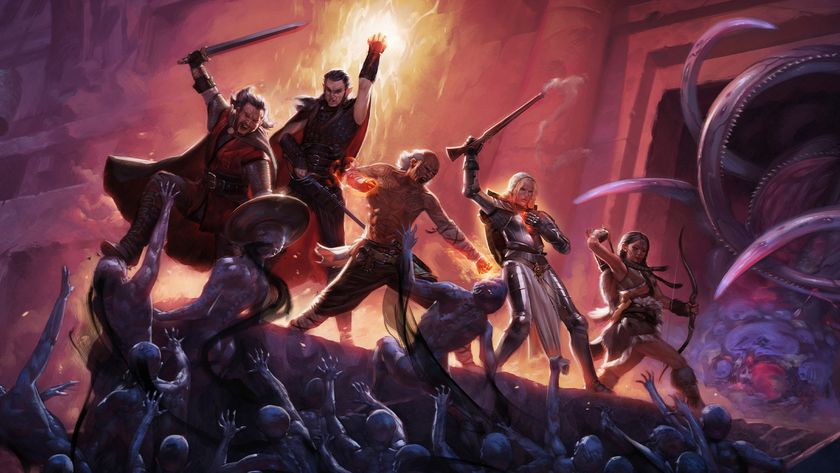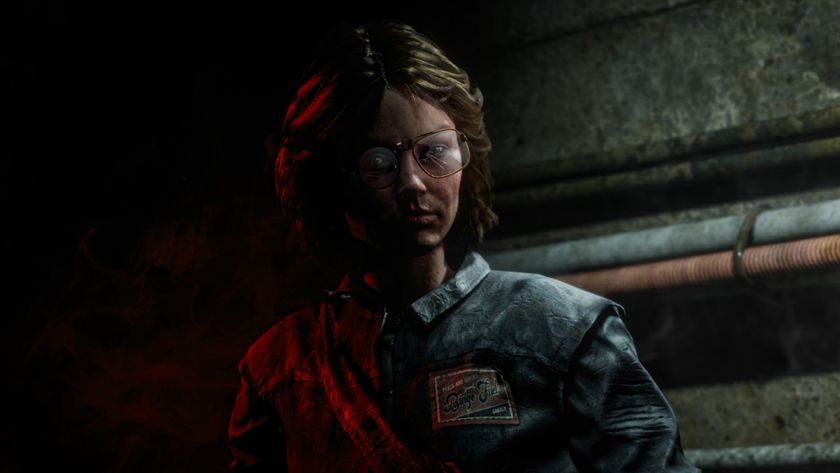Take a deep dive into dangerous realms in co-op survival game Nightingale
Just make sure you craft enough weapons to deal with what you find inside.
Shared world survival game Nightingale takes place in an alt-history of the Victorian era, where human beings discovered magic and started messing around with portals to strange new worlds. But as tends to happen when visiting other dimensions, something goes horribly wrong.
Now you've become trapped in a distant realm filled with magic and monsters, and there's only one way to survive: get crafty. Chopping trees, chipping at boulders, hunting for food, and building a base (or an estate, as they're called in Nightingale) is just the beginning.
That's because this magical world you're stuck in isn't the only one out there. In Nightingale you'll be able to open portals to more realms, and as the trailer at Summer Game Fest today showed, to do that you'll need to craft more than axes, guns, and top hats. Rare materials will allow you craft realm cards, which can be used to re-activate dormant portals to new worlds. Depending on the cards you craft, you may step from a lush meadow into an arid desert, an arctic biome, or a humid swamp. Essentially, by crafting cards you'll dictate what you find on the other side of the portal.
Why travel between realms? Because new realms promise new resources to gather, and you'll need them to craft your estate, improve your weapons, and deck yourself out in fancy waistcoats and bowler hats. Sure, you're roughing it in the Faewilds, but that doesn't mean you can't stay stylish.
Just take care. These new realms are filled with enemy creatures, hostile factions, and other horrors that look like they can't be dealt with by a single Victorian shotgun blast.
Nightingale plans to support up to 10 co-op players in a single game when it launches into Early Access sometime this year.
The biggest gaming news, reviews and hardware deals
Keep up to date with the most important stories and the best deals, as picked by the PC Gamer team.

Chris started playing PC games in the 1980s, started writing about them in the early 2000s, and (finally) started getting paid to write about them in the late 2000s. Following a few years as a regular freelancer, PC Gamer hired him in 2014, probably so he'd stop emailing them asking for more work. Chris has a love-hate relationship with survival games and an unhealthy fascination with the inner lives of NPCs. He's also a fan of offbeat simulation games, mods, and ignoring storylines in RPGs so he can make up his own.
